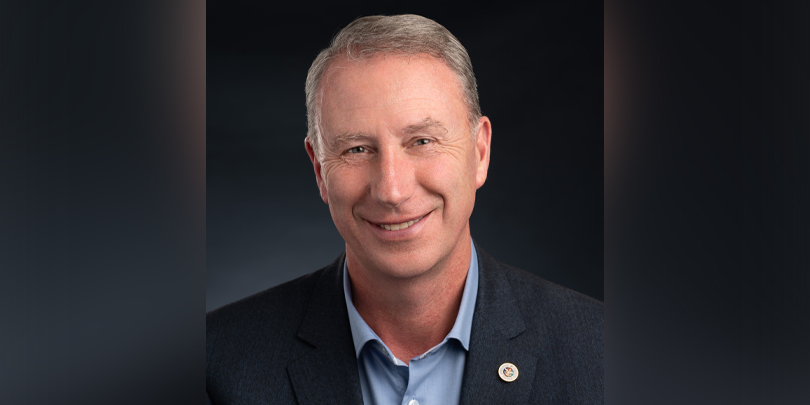
In recent weeks, we have witnessed a concerning shift in Australia’s conversation about migration, writes Jerry Nockles. Source: Canberra Times.
The narrative that Australians are becoming “strangers in their own home” has gained traction in some political circles – perhaps unwittingly echoing rhetoric that history suggests warrants our collective caution and reflection.
Over recent decades, Australian leaders have understood the dangers of inflaming immigration anxieties, generally favouring measured discourse over divisive rhetoric.
Yet today, something darker emerges – a willingness to court forces our predecessors wisely kept contained.
We have an opportunity to step back from this precipice. Experience has repeatedly shown that when we unleash malignant sentiments about migration, we risk releasing impulses that quickly grow beyond our control.
Like genies freed from bottles, these impulses – once given oxygen and legitimacy – can prove extraordinarily difficult to contain.
Australia’s immigration story is, by most measures, an extraordinary success. Our nation, built on successive waves of migration, has managed what many countries have struggled to achieve – creating a cohesive society from diverse origins.
This success was not achieved through divisive rhetoric or by stoking fears, but through policies that emphasised shared values while respecting diversity.
When political leaders and commentators cynically tap into feelings of displacement and disempowerment for political advantage, they risk damaging our hard-won social cohesion.
They may not intend to unleash destructive social forces, but the lessons of history warn us how quickly such rhetoric can spiral into something far more dangerous than originally intended.
Amplifying the voices of the marginalised is noble; shouting “fire” in a crowded theatre is not.
German theologian Dietrich Bonhoeffer, who paid the ultimate price for his resistance to fascism, offers us profound insights that remain relevant today. Bonhoeffer’s courageous and principled witness reminds us that true leadership carries moral responsibilities toward all people, especially those at the margins of society.
His Christianity led him to envision a society where power serves the powerless, where the excluded are embraced, and where human dignity remains paramount regardless of origin.
His writings challenge us to recognise the humanity in those whom society finds easiest to marginalise, reminding us that communities thrive when they expand to include rather than contract to exclude.
FULL STORY
A hateful genie is being let out. But we have a chance stop this (By Jerry Nockles, Canberra Times)






